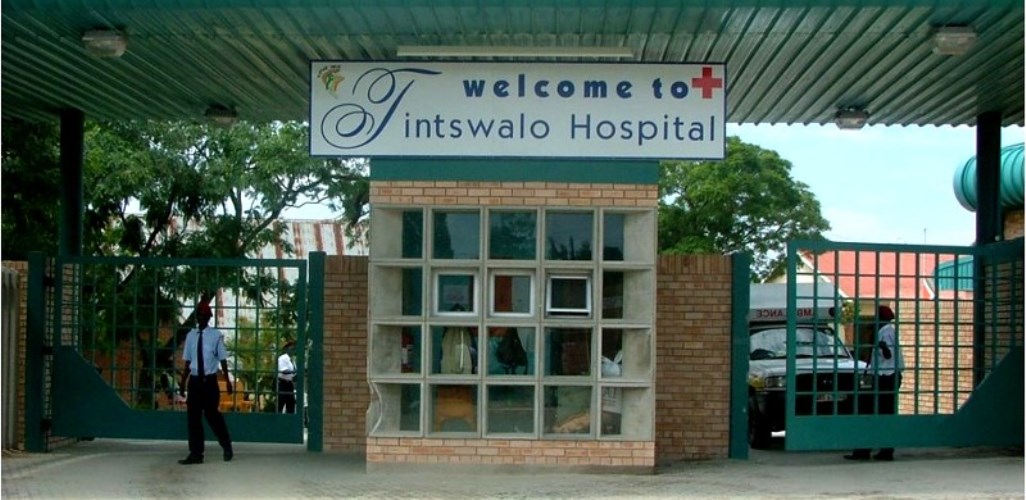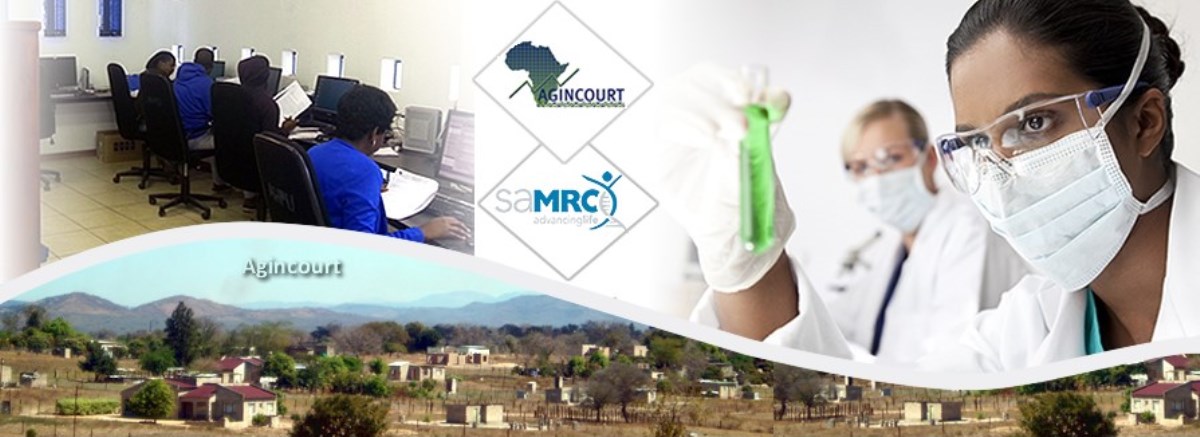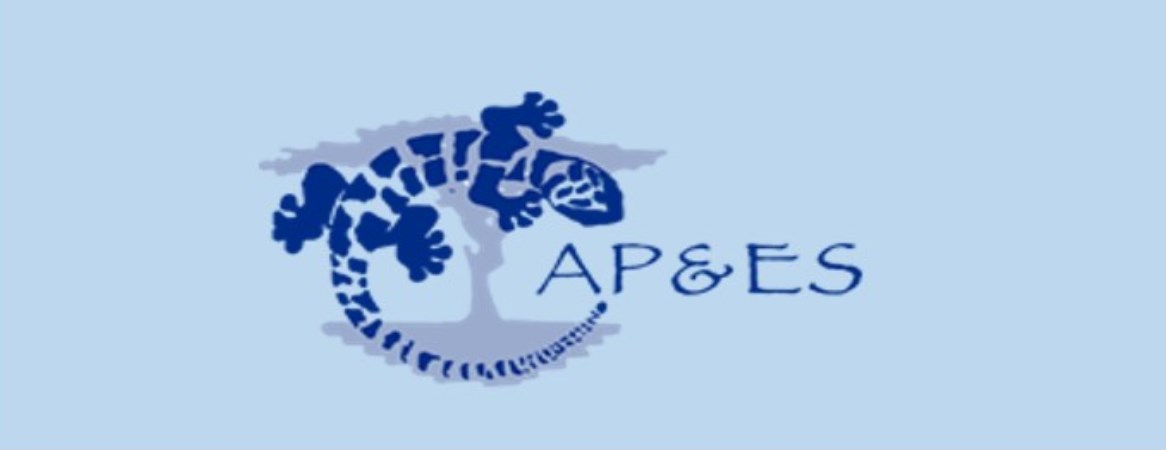
Research and Learning at Wits Rural Facility
The Wits Rural Facility serves as a base for a range of research and university teaching programmes across Wits faculties and schools, both on the facility and in surrounding communities. This enables a multi-disciplinary approach to learning about and addressing rural issues.
Research
WRF, along with the nearby Wits offices at Tintswalo Hospital, and the Agincourt Health and Socio-demographic Surveillance Site field site offices, is a locus of internationally recognized rural-centred research. HIV/AIDS, human health transitions and population trends, appropriate health systems, rural-urban migration, threats to biodiversity, sustainable rural livelihoods, and environmental change, are just some of the highly topical global issues being investigated in the local rural South African context at the facility. This research is done by Wits researchers in collaboration with the local communities and a wide range of local and international universities and research institutes.
The WRF supports this research through the provision of staff housing, accommodation for visiting researchers and postgraduate students, office and lab space, seminar facilities for scientific meetings, and the bushveld estate for ecological research. The social spaces also provide opportunities for students and researchers to interact across disciplines.
Permanent research programmes associated with the WRF include:
MRC/Wits Rural Public Health and Health Transitions Research Unit (School of Public Health): Operates the Agincourt Health and Socio-demographic Surveillance system, spanning 31 villages, 21,000 household and 110,000 people in southern Bushbuckridge (since 1992). This unit manages an annual census in the study site, as well as a large portfolio of associated health, demographic and socio-economic research. It is a member of the INDEPTH network, an international network of health and demographic surveillance sites across Africa, Asia and South America.
Sustaining Natural Resources in African Ecosystem research programme (School of Animal, Plant and Environmental Sciences): focuses on human-environment relationships in the communal lands of the former homelands. This includes sustainable natural resource use, rural livelihoods, community based natural resource management, and savanna ecology. The socio-ecological research is conducted in the rural communities, while experimental resource and savanna ecology research is done on the WRF.
Learning
The facility is also important for experiential student learning, both post undergraduate and postgraduate. Wits University departments from range of schools use our facility as a base for student field trips, courses, and practicals. Students from disciplines including public health, epidemiology, demography, ecology, building and construction management, physiotherapy, and occupational therapy, receive valuable training and work experience in a rural context at WRF and surrounding communities. This prepares them to make a meaningful contribution to transformation and development in the new South Africa. Foreign universities also make use of WRF as a base for study-abroad courses.
Examples of student training courses run at WRF include:
Graduate Entry Medical Programme rural block (School of Public Health): rotational two-week block of roughly 10 students at time, throughout the year. Students engage with rural clinics, hospitals, health practitioners, home-based care groups, and tradition healers, among others, and receive lectures from various academics at the facility. As an example of the cross-disciplinary learning that occurs at WRF, the GEMP students also do some joint activities with veterinary students from University of Pretoria who come to the lowveld on their community veterinary block rotation.
Masters in Public Health rural block (School of Public Health): Students spend a week at the WRF learning about rural health systems within the broader socio-economic context and history of former homeland rural areas in South Africa.
Masters in Epidemiology rural block (School of Public Health): Students spend a week at the WRF learning about rural field-based epidemiology and health and demographic surveillance systems.
Savanna Ecology 3rd year field course (School of Animal, Plant and Environmental Sciences): Students spend a week at WRF learning about various aspects of savanna ecology by doing mini-research projects on the facility.
People and Conservation 3rd year field course (School of Animal, Plant and Environmental Sciences): Students spend a week at WRF learning about the relationship between rural communities and the natural environment by engaging in learning activities with learners from a local high school and their households in a nearby village.
Ethnoecology honours topic (School of Animal, Plant and Environmental Sciences): This is an intensive 10-day graduate course consisting of both lectures and field activities in local communities. Topics covered include worldviews and culture, indigenous knowledge, rural livelihoods, natural resource use, and community based natural resource management. Students doing a Masters in Environmental Science or Masters in Resource Conservation Biology can also take the course for credit.


